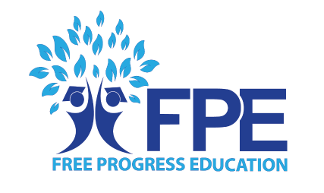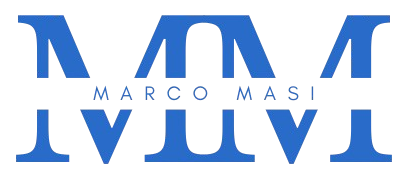
Motivation for FPE Paradigm
The pupils from democratic schools who wish to acquire state-recognized qualifications will have no other choice, after about the age of 16, but to be integrated again into the current private or state compulsory school system, or to prepare themselves as 'external applicants' for the tests. The latter is also possible in some democratic schools. Nevertheless, a genuine alternative for free-learners, which wants to prepare them for professional life, should be able to offer something which goes beyond specified external examinations with compulsory curricula and subjects.
Even the educational concepts, which are still omnipresent in universities, should be questioned. In academia, there is a little more choice and freedom in terms of faculties and subjects, and students can develop their educational path with somewhat more autonomy, which is, however, still oriented to a learning and examination concept which allows little space for self-development and creativity. Here, the system is not determined by intrinsic motivation but is guided much more by a job-oriented and industrial management concept. It is no coincidence that especially among students who are seeking a doctorate; stress and depression up to suicide ideas are very common.
A genuine 'free learning alternative' that could replace the traditional concept is that which is built upon the model of a primary and middle-school democratic school, having however a much wider range of freely-selectable learning contents and which, in the college and university age, prepares through a free and progressive 'self qualification, that can be accepted by the working world.
A place of learning and development which is at the same time a research center for free-learners which can be visited, as well as left when one wants. The vision of a free-accessible, ‘knowledge-island’, an age-crossing, ‘self-education community' in which children rather put the game, physical activity, excursions, and contact with nature as the focus. For young people, it could be a self-chosen project-based work with a self-made curriculum, which thus can acquire professional know-how under the supervision of ‘mentors’ or ‘advisers’ and which can be documented in the years by a comprehensive competence-portfolio, up to a level that offers a credible alternative to conventional school and university degrees and possibly goes beyond that. This could be the future of free individual self-development, which could also be called the ‘free-progress-education’.

Today, on the other hand, children are divided into classes which are severely restricted in age, in which the intellectual faculties have priority; to the great disadvantage of the physical activities and the experience of nature. A didactic and pedagogical concept, which is refuted by modern brain research. A learner who later, as a teenager in the ‘upper-class age’, wants to raise his own passion to a professional level, still has very limited choices. Those who for example want to focus on environmental protection and ecology, music and painting, or quantum and particle physics, with a multi-year study, in the form of an autodidactic free self-education, are basically left alone and on their own. These skills can today be acquired with the help of internet courses, but for most, it remains not a very realistic option because it is not acknowledged by the state and ultimately is also a lonely path. The official school system is structured in a paradigm, according to which the so-called 'general education' must be forced upon all. This leaves neither time nor especially energy that one needs most for individual vocations. Even adult education centers or initiatives based on 'learning workshops', have not yet developed into a learning environment alternative to the school or university system. Places where one can, together with others, both half- or full-time, as well as long-term and systematically, acquire knowledge and still be able to pursue a free and self-determined, as well as non-time constrained, individual progressing learning path.
For this reason, many see the way of just finishing conventional high school as the only access to a professional future, or to the university and revert to the old, still existing school paradigm. When the time of the final examinations approaches, it becomes clear that it is all about the studying of the curriculum, performance, testimonies, grades, pressure, fear, anxiety, examinations, and tests.
The question is: Does it have to be like this? Is this an inevitable evil? Is there no alternative to the "graduation system", which makes the development of children freer and can prepare young people in an equally free manner at a professional level? To date, democratic schools offer the possibility to prepare students internally for external examinations. This is better than no preparation at all, but the idea of going beyond it has hardly been worked out. The few offers, which want to replace higher education, college, or university in a free-learning concept do not go beyond a 'community college culture'.
What follows are some basic principles of the concept on which the foundation of a truly alternative and non-compulsive learning place should be based.
